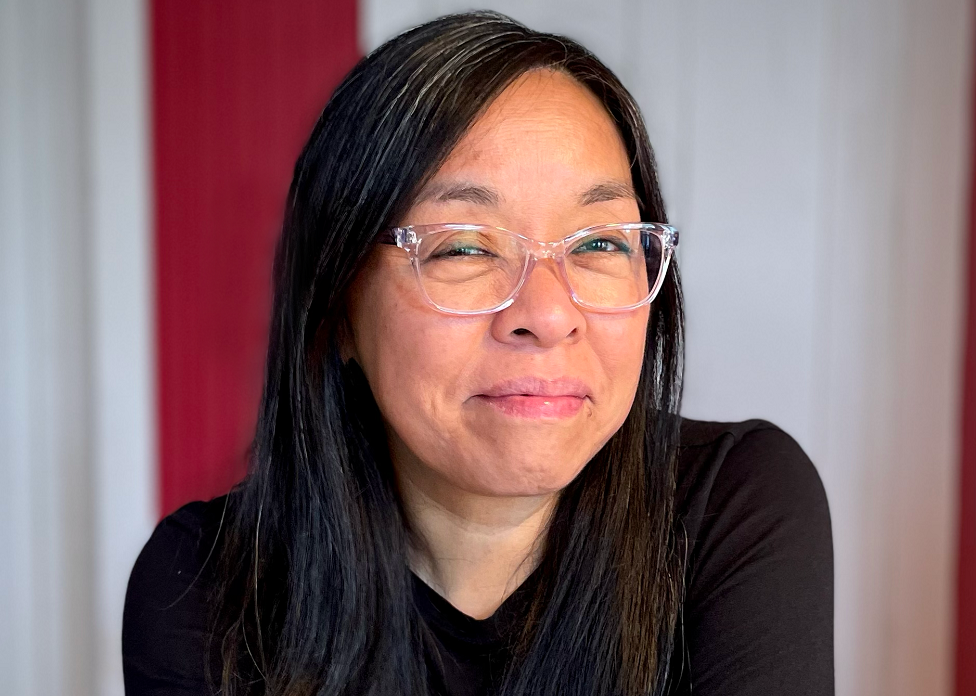Debunking the Gen Z myth: a guide for school counsellors
Gen Z students are often misunderstood, but a new report from Duolingo reveals their true attitudes to social media and global issues

OK, we know the drill when it comes to defining Generation Z – they’re addicted to social media, hate emails, can’t be bothered to read, misuse AI tools when doing homework and only think about themselves. Right?
Well, according to a new report from the Duolingo English Test, those generalities may hinder your ability to truly engage with this increasingly influential generation. In Voices from the Field: Debunking the Gen Z Myth, international students studying at universities in the US, UK and Australia share perspectives on what it’s like to be part of the first globally connected generation, one that can determine the direction of elections, social justice issues and higher education.
Born between 1997 and 2012, Gen Z are reshaping societies and narratives across the globe. In the US, there are an estimated 70 million young people, up from 57 million in 2010, and Gen Z could make up 17 per cent of eligible voters in 2024. In China, the Gen Z population is estimated to be about 251 million people, around 18 per cent of the country’s overall population, while the Gen Z cohort numbers 116 million in urban India.
Because of those numbers alone, it behoves school counsellors, and the higher education sector as a whole, to examine the black-and-white beliefs we currently hold about this generation to see what holds true. And according to the students interviewed for the paper, when it comes to understanding how they think and behave, there’s a lot of grey.
Countering conventional wisdom
So, let’s take a closer look at five popular Gen Z myths currently in the public discourse, and what students had to say about them. By developing a more nuanced awareness of how these young people really think, you may rethink how you engage with them.
Myth: Gen Z are addicted to social media
Truth: Gen Z are detoxing from social media
The interviewed students are reducing social media use, with some deleting apps like Instagram to regain control over their time. This shift is driven by the recognition that excessive social media use can be a distraction, taking valuable time away from more meaningful activities.
The myth of social media addiction among Gen Z may have roots in their younger years when both the generation and the technology were less mature. However, as these young people grow older and become more aware of the consequences, many are choosing to prioritise their mental well-being and real-world experiences over the digital allure of likes and followers.
Myth: Gen Z don’t want to read
Truth: Gen Z don’t have time to read
Despite the myth that Gen Z don’t want to read, the truth is that their busy schedules make finding time challenging, although they still value reading. Research shows that 54 per cent of Gen Z and Millennials visited a library in the past year owing to their appreciation of a commercial-free environment and access to physical books.
They purchase over one ebook, one audiobook and 2.5 print books monthly, with younger Gen Zers buying more print books. Trends like #BookTok have sparked renewed interest in reading, and while many students may prefer digital content for convenience, they continue to read books and articles when possible.
Myth: Gen Z don’t read emails
Truth: Emails still have relevance among Gen Z
Despite forecasts that email would become obsolete with the rise of direct messaging, Gen Z continue to value email for its structure and detail, particularly in professional and academic settings. Many students find emails more efficient and less fragmented than direct messages, which often involve multiple steps to get to the point.
Email provides a more formal and private means of communication, offering a level of clarity and seriousness that DMs and social media may lack. With the sheer volume of messages received on various platforms, students appreciate the less distracting nature of email. It remains a respected and relevant tool, especially for significant and formal communications, contrasting with the casual and sometimes overwhelming nature of direct messaging.
Myth: Gen Z misuse generative AI
Truth: Gen Z cautiously weigh the dangers and benefits of generative AI
The myth that Gen Z misuse generative AI like ChatGPT is countered by the reality that they now approach it with a nuanced understanding of benefits and risks. Despite concerns that students might become overly reliant on AI, a recent survey shows that 89 per cent of Gen Z use tools like ChatGPT for various educational purposes, including brainstorming, research assistance and proofreading.
Students express caution, highlighting the importance of balancing AI use with developing core skills. They acknowledge the risk of overreliance, and the scrutiny AI-generated content can face in academic settings. While some students prefer traditional research methods to avoid potential pitfalls, others leverage AI for idea generation and refining their work. They recognise AI's role in enhancing their academic experience but remain aware of the potential for misuse and its implications.
Myth: Gen Z only think about themselves
Truth: Gen Z think about the world (and their role within it)
The notion that Gen Z are self-centred is countered by their active engagement with global issues and their role in addressing them. During the pandemic, Gen Z's focus on climate change and social justice became evident, driven by a direct concern for the future impacts of these issues.
Unlike previous generations, they rely on diverse sources like social media for a broader perspective, rather than just mainstream news. Students emphasise their commitment to creating a better future and note the need for deeper engagement beyond social media. Facing challenges such as a tough job market, Gen Z has turned to platforms like LinkedIn for networking and career development.
Despite these challenges, students draw motivation from personal connections and a desire to improve the lives of their families. This blend of global awareness and personal drive underscores Gen Z's commitment to making a positive impact.
Connecting more authentically with Gen Z
While every generation is shaped by its unique experiences, Gen Z’s defining moment is undoubtedly the pandemic. This generation has faced significant challenges, including fears about safety, isolation, and disruptions to their education and work.
Despite early stereotypes of being tech-obsessed and self-centred, these labels fail to capture the full complexity of Gen Z’s experiences and attributes. As they navigate a world altered by the pandemic and economic uncertainty, Gen Z have demonstrated resilience, adaptability and a strong commitment to positive change.
Engaging with Gen Z in a more authentic way, free of entrenched myths, means supporting this cohort in a manner they uniquely need.
Anna Esaki-Smith is the author of a book for high schoolers about US college admissions, Make College Your Superpower: It’s Not Where You Go, It’s What You Know.




